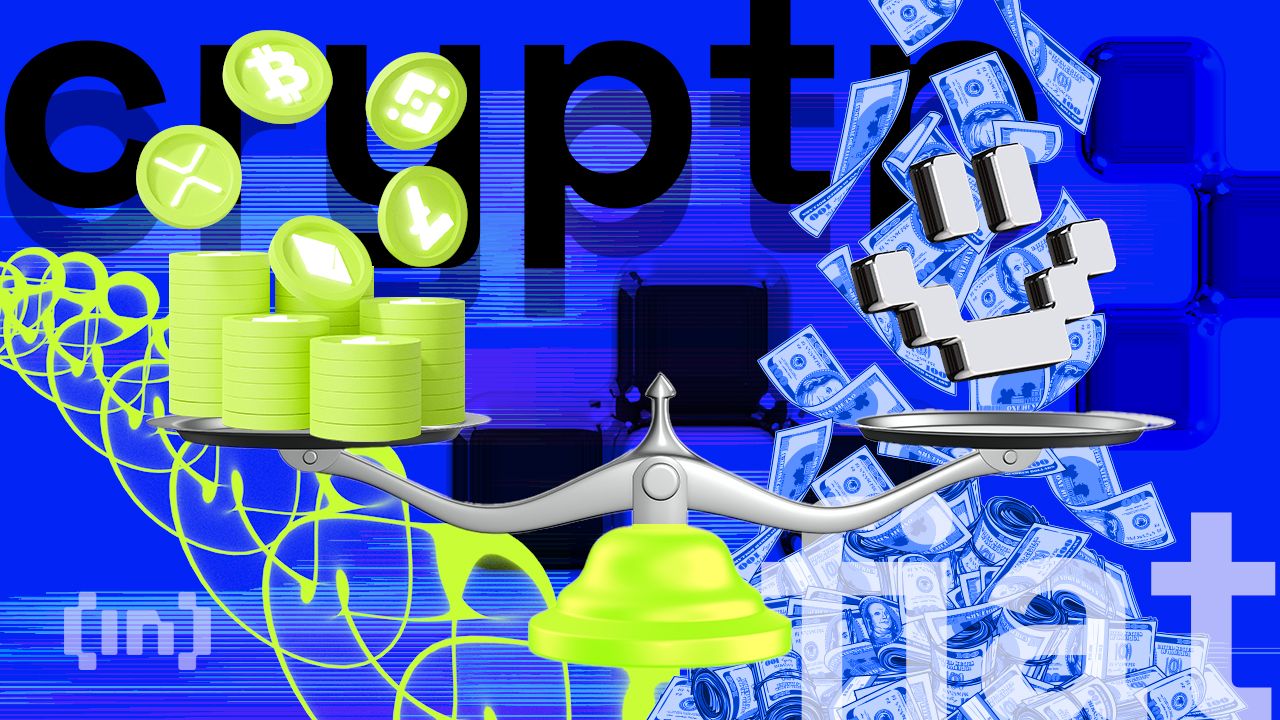
In a groundbreaking move, seven leading Ethereum protocol teams, including Aragon, Lido Labs Foundation, and the Uniswap Foundation, have joined forces to form the Ethereum Protocol Advocacy Alliance (EPAA). This coalition emerges amidst intensifying regulatory scrutiny from both U.S. and European policymakers, aiming to safeguard the $100 billion decentralized finance (DeFi) and blockchain ecosystem.
The Mission of the EPAA
The Ethereum Protocol Advocacy Alliance aims to ensure laws and regulations align with the operational realities of blockchain systems, not just public perceptions. By providing technical expertise and collaborating with existing advocacy organizations, the alliance prioritizes the following principles:
- Maintaining Ethereum’s neutrality.
- Ensuring transparency in blockchain protocols.
- Preserving open access for all users of decentralized infrastructure.
- Protecting the decentralization that underpins Ethereum’s resilience.
Highlighting the urgency of this mission, Anthony Leutenegger, CEO of Aragon, stated, “The technical and practical complexity of building on-chain systems demands clear regulatory outcomes that work for builders.”
Decentralization at the Core
Ethereum’s robustness stems from its decentralized nature, making it indispensable to the DeFi ecosystem. However, as global governments fast-track frameworks to oversee decentralized infrastructures like smart contracts, the risk looms that new laws may inadvertently constrain open blockchain networks. Echoing these concerns, Sam Kim, Chief Legal Officer at Lido Labs Foundation, stressed, “Decentralization is foundational to Ethereum’s credibility and resilience.”
A Unified Front
For the first time, Ethereum’s core builders are coming together to advocate for policy frameworks that recognize the intricacies of decentralized systems. Unlike traditional trade groups, the EPAA operates without a central budget, leadership board, or direct lobbying efforts. Instead, it offers invaluable technical insight to policymakers through partnerships with advocacy networks such as the DeFi Education Fund, the Decentralization Research Center, and the European Crypto Initiative.
“Those who build decentralized systems should help shape the rules that govern them,” emphasized Connor Spelliscy, Executive Director of the Decentralization Research Center.
A Look Ahead
The EPAA signifies a maturing phase in crypto governance as builders transition to active advocacy roles. With just seven founding members, the alliance plans to expand, encouraging participation from other Ethereum builders and stakeholders. As the crypto industry evolves rapidly, initiatives like the EPAA are key to ensuring the DeFi ecosystem remains a beacon of innovation and resilience.
Recommended Product
Want to stay ahead in the crypto space? Consider investing in the Ledger Nano X, a top-rated hardware wallet renowned for its security and ability to protect digital assets. Having a secure wallet is an essential step in safeguarding your cryptocurrency holdings while navigating the dynamic blockchain landscape.





